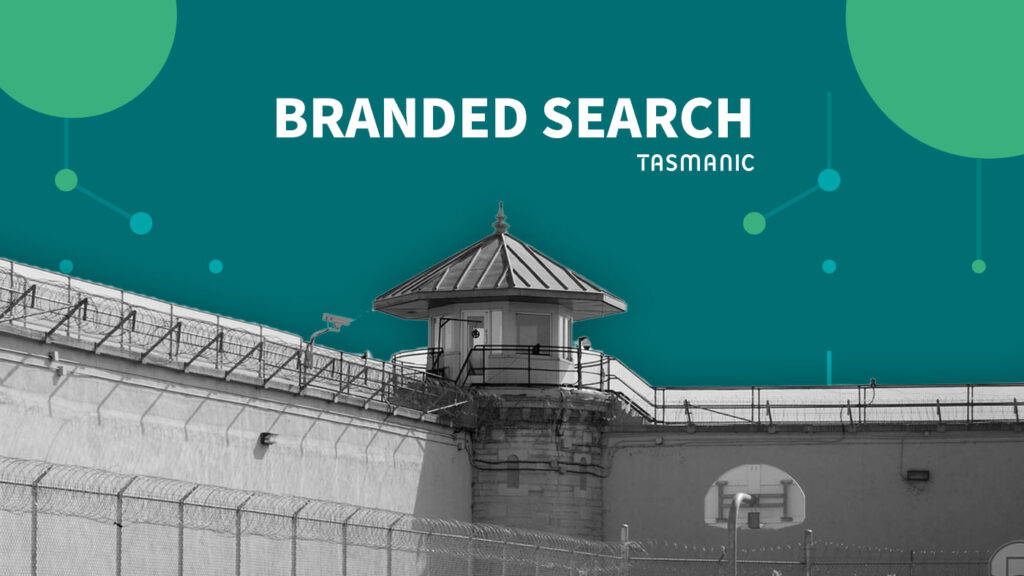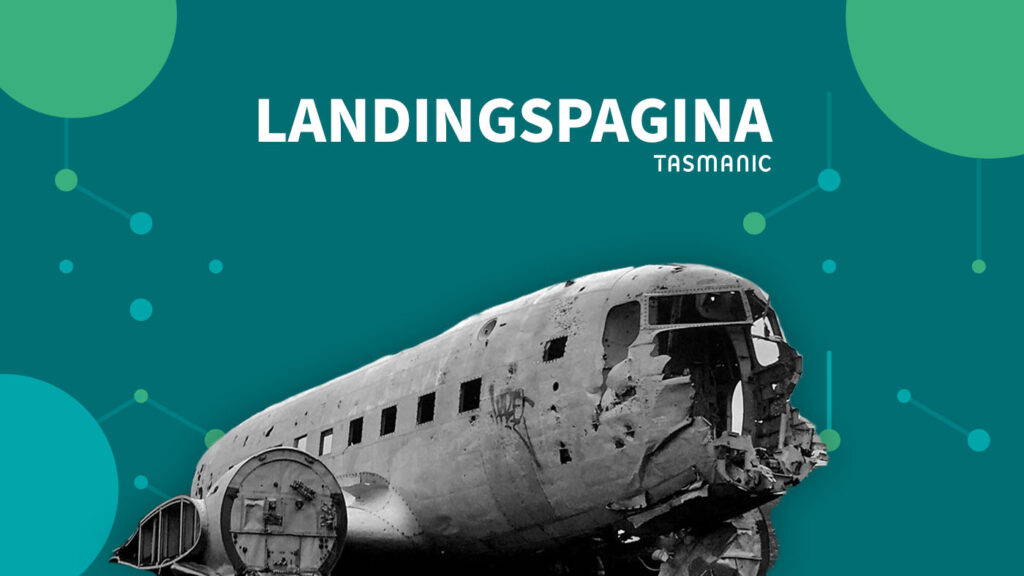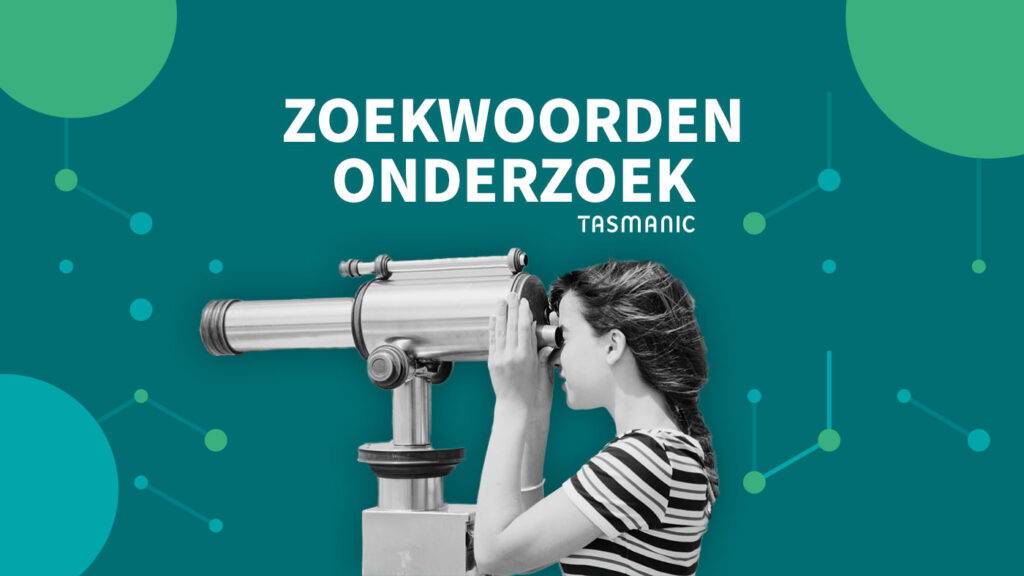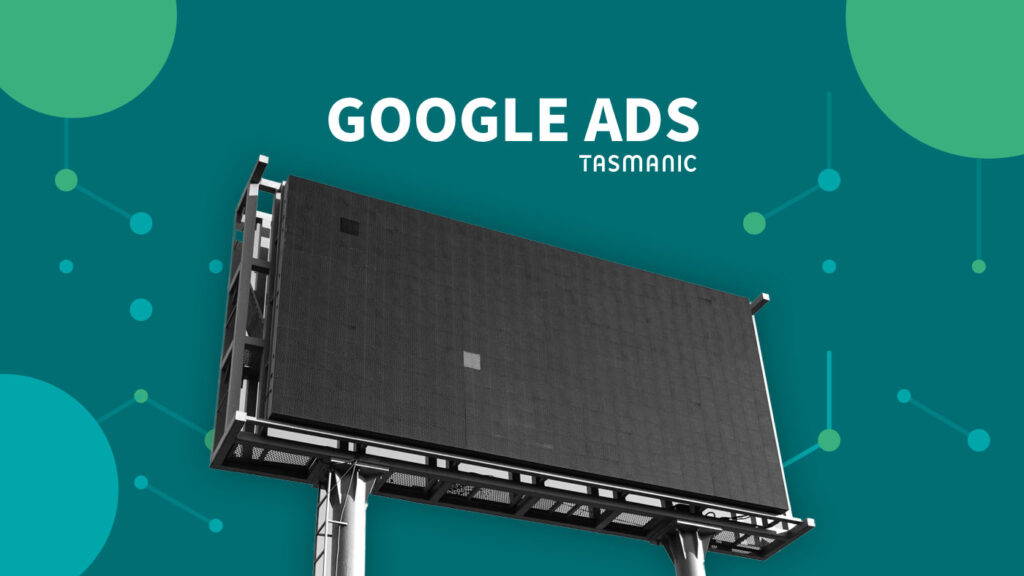
Last updated June 14, 2023
What is Google Ads?
Google Ads (until 2018 Google AdWords) is Google's online advertising platform. Businesses can create ads to appear directly in Google's search results and on its other properties and partner websites.
How does Google Ads work?
Businesses can create campaigns through Google Ads for paid advertising. Ads are displayed based on the keywords entered by the user, giving advertisers the opportunity to present their products and services directly to people who are actively searching for what they offer.
Google Ads operates on a pay-per-click (PPC) model, which means that businesses pay only when a user clicks on their ad. The amount is determined based on many factors such as the bid set, the competition, the quality of the ad, the quality of the landing page the ad links to, etc. The platform offers various ad formats, including search ads, display ads, video ads, shopping ads and app ads.
The great advantage of this type of advertising is that you reach people who are actively looking for your brand, product or service. If they click on your ad, there is a good chance that they will also make a purchase or contact you. So you can attract potential customers to you in a very targeted way.
For those familiar with the work of marketing professor Byron Sharp: with search ads in Google, you increase the physical availability of your brand, product or service.
Google achieved more than US$140 billion in Ads revenue by 2020. Incidentally, Microsoft also has such a system: Dutch Microsoft Ads Agency.
All features within Google Ads
Depending on the goal and budget of a campaign, you have several channels to choose from:
- Search (search): Advertising in Google's search engine. With this you reach your target audience by entering keywords on which you want to be shown.
- Performance Max: Through automation and artificial intelligence, it tries to achieve as many conversions as possible through Google's various advertising channels.
- Display: This allows you to reach your target audience through a display ad. Generally, these are the cheapest clicks, but also yield little to no conversions.
- Shopping: A shopping campaign allows you to bring products to the attention of buyers who are shopping online.
- Video: Use video ads to reach your target audience via YouTube. With this, you can boost conversions as well as brand awareness.
- Discovery: Here your ads are shown in the YouTube homepage and watch later feed, in gmail under the promotions and social tabs and through Google Discover where Google shows users content related to the user's interest.
What can Google Ads deliver?
Google Ads can lead additional visitors directly to your website. And then visitors who are interested in your company's product or service. After all, they are searching for keywords that you use in your Google Ads. If you've never used Ads before, this is how you tap into a new source of potential customers.
If you do already use Ads, you probably want to get more out of your campaigns. More new customers at a lower cost per customer. Furthermore, you want insight into your competition and the performance of the keywords you use for your SEO (search engine optimization).
By using Google Ads properly, you can use it to achieve your online marketing goals, for example, think of a sales-focused KPI for one of your services. This objective can then in turn contribute to a business objective to, for example, increase market share in that market. So this is how you can use Google Ads to achieve your business goals
Google is constantly adjusting how their search engine works. This greatly affects your advertising campaigns with Google. To set everything up properly, you need a lot of specialized and up-to-date knowledge. At Tasmanic, that knowledge is plentiful.
What is the difference between Google Ads and SEA?
SEA stands for Search Engine Advertising. In Dutch, search engine advertising. So SEA is the collective name for advertising through search engines. In the Netherlands, Google is by far the largest search engine and for many companies the only relevant one, which is why SEA and Google Ads (formerly AdWords) are often used as synonyms. So Google Ads is 1 of the options of search engine advertising. Other search engines such as Bing (Microsoft), DuckDuckGo and Yahoo also offer it.
What does Google Ads cost?
The cost of Google Ads is completely flexible. Costs are charged only when an ad is clicked (pay per click). The cost of clicks (cost per click, CPC) is determined based on many factors, such as:
- The set bid (you specify a price)
- Ad quality score
- The amount of competition on the keyword
- The bid set by the competition
- Advertising position (e.g., at the top, on the first page)
Setting a budget
Within Google Ads, you can set a maximum daily budget. Say you don't want to spend more than €20 per day, so you can.
Advertising on lots of keywords with a small budget in a competitive market obviously doesn't make much sense. And keywords that are very popular often cost a lot of money because large companies bid high on them. It is smarter to focus your budget on keywords with a positive ROI (return on investment) for you.
To get an idea of what is paid on average per click in a given industry, check out this article from WordStream (2023).
What does a Google Ads specialist do?
- Determine a good campaign strategy: The input from the advertiser and the goals set, are translated into a campaign strategy.
- Setting up the Google Ads account with a clear structure: Using this strategy to set up the structure of the campaign in your Google account.
- Add different ad texts, extensions, negative (exclude) keywords, for a more efficient campaign.
- Maintain and optimize the campaign: adding negative keywords, testing variations of ad copy, etc.
- Monthly report of campaign results via email: Every month you will receive a report via email with the results of your campaign(s). This way you keep your own insight into what's happening, what it's costing and generating.
- Quarterly personal feedback on progress and advice on campaign: Every three months we sit down to see if we are on the right track, if there are developments that we should take into account for your campaign and if there are important periods coming up. This can be done via Skype, phone or simply at Tasmanic's office.
Why outsource Google Ads?
Google Ads seems relatively simple. But to run a profitable campaign in a competitive market is often a bit more complex. Remember that Google makes almost all of its money from Ads. This is because the product simply works very well but also because they are constantly working to optimize this revenue.
An Ads specialist can provide independent advice on budget, bidding strategies, keywords, landingspagina’s and conversion. In other words; an Ads specialist ensures that not Google but you as an advertiser get the maximum return from a campaign.
More return on investment from an Ads campaign
With the right strategy, you'll get more return from an Ads campaign.
- For what purpose is the campaign being set up?
Purely to sell products and make a profit, generate leads or increase awareness of your product or brand?
- What is the positioning of the company?
Different ad copy and keywords will be chosen for a product with a prizefighter image than for a luxury brand. Is your brand or product/service unique or do you have a lot of competitors?
- Which products, purchase stage and keywords will the campaign be focused on (and which ones not)?
Do you go broad to maximize reach, at the risk of getting some less relevant visitors? Or do you take a targeted approach where you get highly relevant visitors, but may miss out on interesting opportunities?
- What budget is available and how best to use it?
It depends on how much you earn per customer, how many different products or services you want to promote, and how you want to approach the campaign (e.g., long-term or short-term).
- What actions should visitors perform on your website and how do we ensure that?
What are the steps in the buying process between the time the customer first sees your brand and the time they purchase your product or service?
- When will the results be evaluated?
Tip: Want to be profitable after just one month? Then just don't start. A campaign needs at least three months before it can be evaluated.
Curious about what Google Adsbureau Tasmanic can do for you? Contact us at +31 (0)85 4011 568 / mail@tasmanic.nl
Are the results from your online marketing disappointing?
Request our no-obligation performance scan and we'll tell you where you're going wrong.



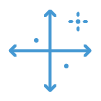


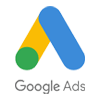






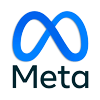

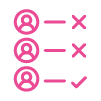
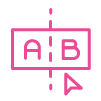
 Team
Team FAQ
FAQ Vacancies
Vacancies Contac
Contac AWR
AWR Ahrefs
Ahrefs Channable
Channable ContentKing
ContentKing Leadinfo
Leadinfo Optmyzr
Optmyzr Qooqie
Qooqie Hubspo
Hubspo Semrush
Semrush


